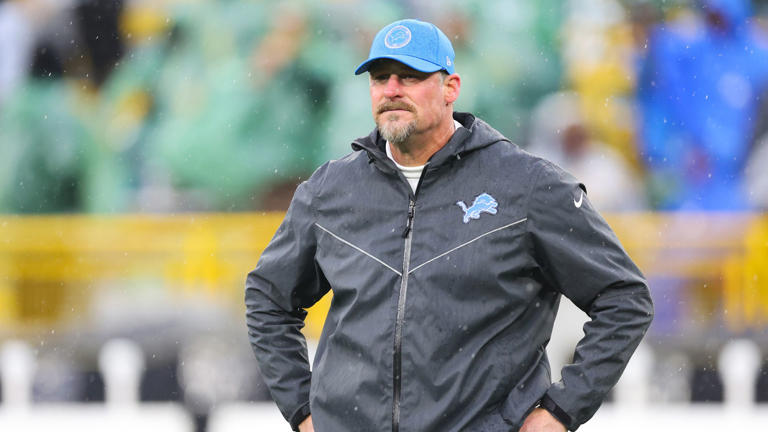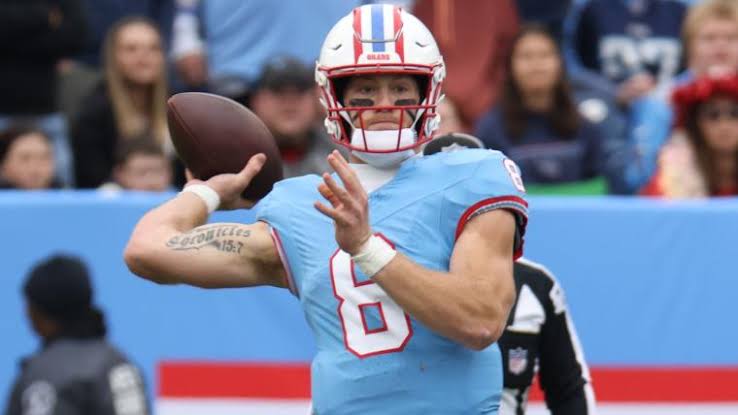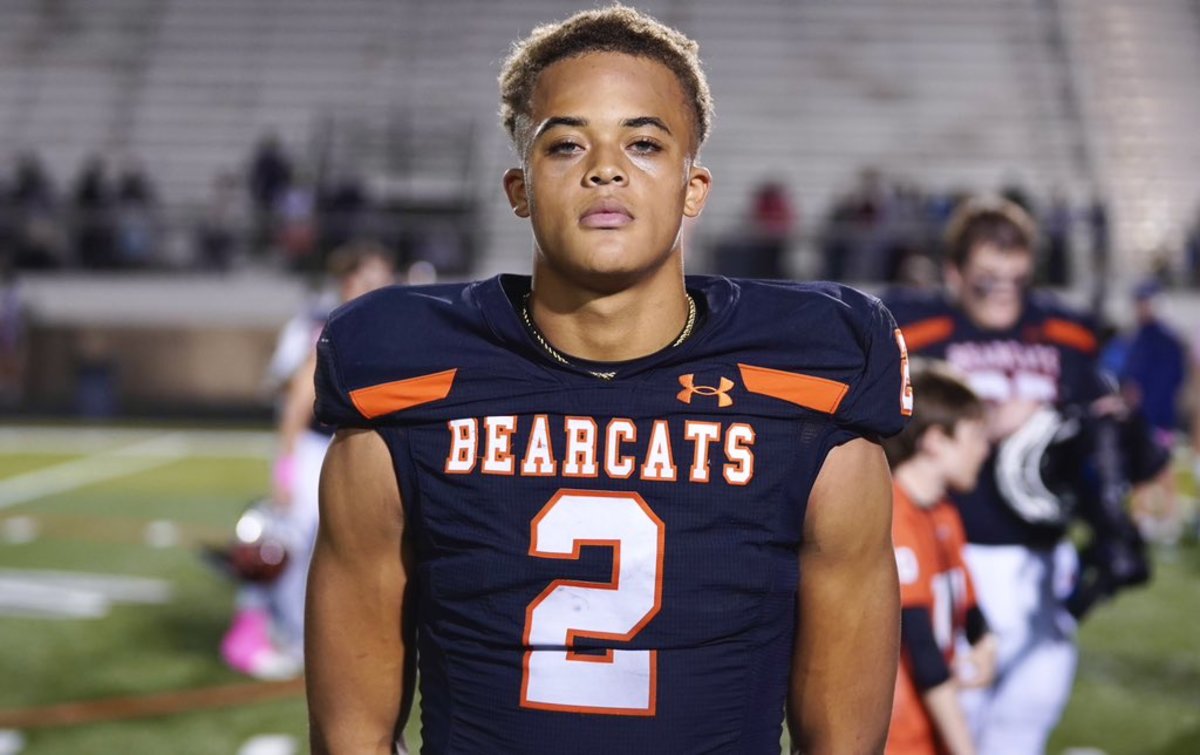Detroit Lions safety Brian Branch was ejected in the second quarter of the game against the Green Bay Packers following a hit on a defenseless receiver that drew significant attention.
The play initially resulted in an unnecessary roughness penalty for Branch after a helmet-to-helmet collision, but after further deliberation, the officials decided the hit was serious enough to warrant an ejection.
According to NFL rules on unnecessary roughness (Rule 12, Article 8), a player can be disqualified if their conduct is deemed flagrant enough by the officiating crew. Specifically, the rule outlines that, “For unnecessary roughness: Loss of 15 yards. The player may be disqualified if the action is judged by the official(s) to be flagrant.” In this case, Branch’s hit on the Packers’ receiver met that threshold in the eyes of the officials, leading to his early exit from the game.
The ejection is significant not only because of the play itself but also because of Branch’s prominent role on the Lions’ defense this season. Over the first seven games of the season, Branch has emerged as a key defensive player and was even rated the highest-graded safety in the league by Pro Football Focus (PFF) heading into Week 9. His performance has been essential to the Lions’ defensive success, making his absence potentially impactful.
To add to the controversy, Branch reportedly received another personal foul penalty after his ejection. According to reports, he allegedly made an obscene gesture toward the Packers’ sideline, which further marred his exit. However, this gesture did not carry additional consequences in terms of yardage, as the Packers missed a field goal attempt on the ensuing drive. As a result, Detroit avoided immediate repercussions on the scoreboard despite the ejection and penalties incurred by Branch.
This incident has sparked discussions around the league, particularly on player safety and the enforcement of penalties for hits on defenseless receivers. Helmet-to-helmet collisions are especially scrutinized, with officials and the league office placing emphasis on minimizing dangerous plays. Branch’s ejection underscores the NFL’s commitment to this policy, although it leaves fans and analysts debating whether the hit truly warranted disqualification. Regardless, Branch’s absence could affect the Lions in upcoming games if it leads to any further action from the league, such as a fine or potential suspension.



